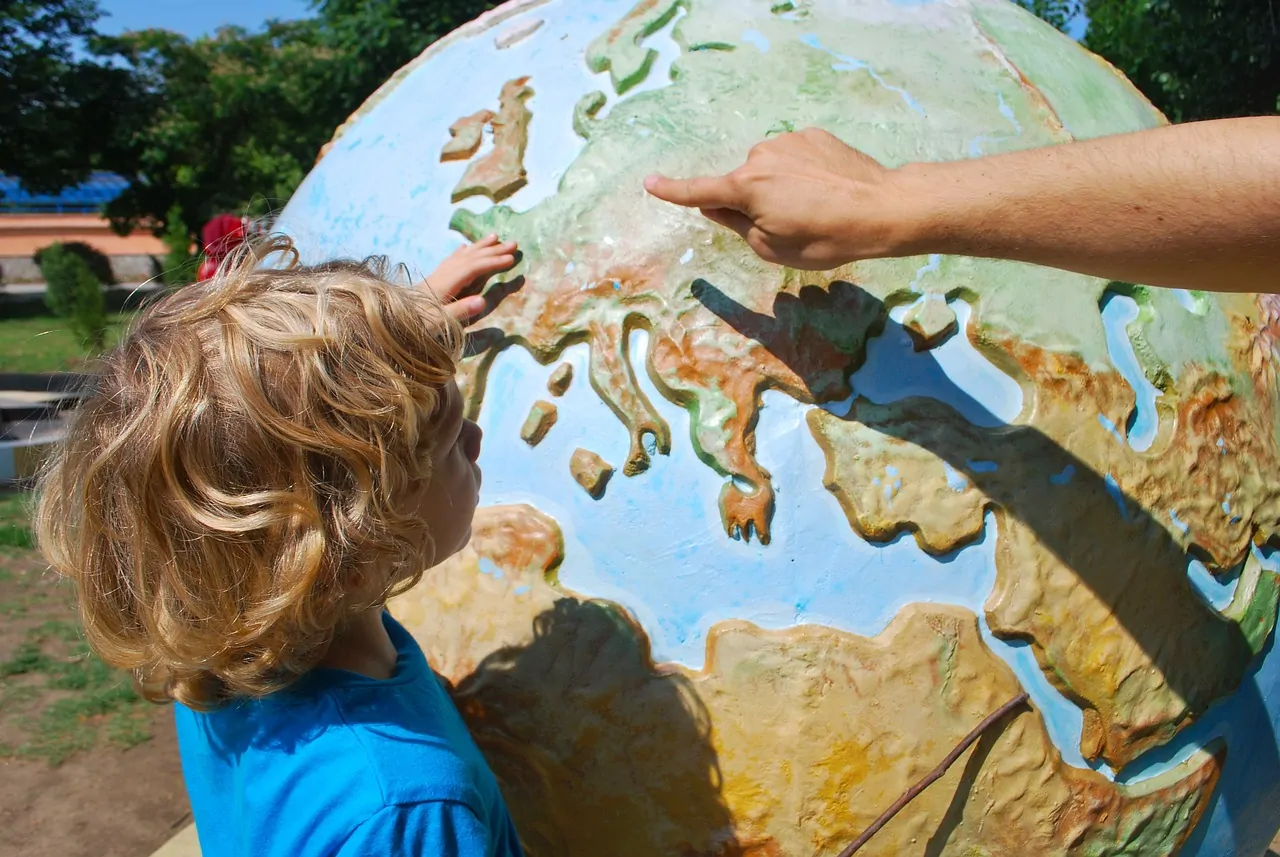How to Use Awareness Days to Teach Children About the World
8 min read
Last Modified 20 March 2025 First Added 20 March 2025

Your child’s understanding of the world is crucial to their development, but many parents will ask themselves: When is the right time to teach them more about the world? With that in mind, awareness days can be incredibly important, partly because they give you a natural way of discussing topics with your child that might otherwise be difficult to introduce, fostering understanding and empathy in a meaningful and age-appropriate way.
Here’s a list of important awareness days, the topics you could teach them and how you could go about doing this in a fun and interesting way.
Date: 19th January
You could start by explaining to your child what religion is. If you are religious, you can use your own faith as a basis to begin the conversation by imparting how your own faith is important to your life. Ensure that you are open to answering questions about your own religion, as it can help them learn about why religion is important. From this, you can then explain how different cultures and countries around the world believe in different religions. You can also teach your child about geography by teaching them what the predominant religion is in specific regions or countries.
Date: 20th January
Martin Luther King Day is a meaningful opportunity to teach children about equality, kindness, and standing up for what’s right. Parents can introduce kids to Dr. King’s powerful message of hope and justice by reading books or watching kid-friendly videos about his life and legacy. Use this day to talk about the importance of treating everyone fairly, no matter their differences, and how small acts of kindness can make a big impact. Fun ways to explore the topic include organising a family craft session to create “dream” posters inspired by Dr. King’s famous speech, acting out scenarios that show inclusivity, or even gifting them a toy or game that celebrates diversity and encourages teamwork, sparking thoughtful conversations as they play.
Date: 20th February
You could start by asking your child what they think a pet is or ask them to provide examples of the different types of pets that someone can own. It could be beneficial for them if the family, relatives or a family friend has a pet that you could use as an example. When providing examples of different pets, you could discuss the types of activities that those specific pets can do. You can also discuss the types of activities that you could do with certain pets (such as taking a dog for a walk, for instance). Even if you do not have pets you can use soft toys or interactive pets to help bring the learning to life.
Picture books could be a big help for these tasks so your child can see what different animals look like. Use as many pictures and real-life examples as you can to help the child understand and relate to the importance of pets. You should also explain how pets can be very important to people and, in many cases, can feel like part of the family.
Date: 8th March
International Women’s Day is a fantastic opportunity to teach children about gender equality and celebrate the achievements of women throughout history and today. Parents can use this day to share stories of inspiring women, from historical trailblazers to modern-day role models, and discuss how their contributions have shaped the world. You could encourage your child to reflect on the importance of fairness and respect by talking about what equality means in their everyday life. Fun activities like reading books about remarkable women, creating art inspired by strong female figures, dressing up as their favourite female character or even brainstorming ways to support the women in their own community can make the learning experience engaging and memorable.

Date: 22nd March
You could start by asking the child if they know that, on average, the human body is made up of around 60% water. Then, you can ask them why water is important. You can use a specific children’s book or program to highlight why water is important. Explain how we need water to keep our bodies working properly. From this, you can then explain how not everyone has access to water. Depending on their age, you can discuss the potential issues that could occur from a lack of water and highlight countries that are impacted by these issues.
You can also discuss the ocean with them and show them pictures or videos of animals who live in water and need it to survive. Discussing both water-related topics will emphasise to the child why water is important to both their body and the environment.
Date: 7th April
Each year, World Health Day focuses on a specific health topic that affects people all over the world. This day can be used to provide your child with more information about why it’s important to keep healthy and look after each other and themselves. You can discuss with them ways that people can keep healthy and why it’s important to do so. If they’ve visited the doctor or dentist before, you can remind them of those types of experiences to explain why healthcare professionals are important and how they can keep track of your health. You can also use books or videos to highlight the importance of community and why it’s important to look out for one another.
Date: 5th June
World Environment Day focuses on the importance of sustaining the world’s environment. You can ask your child if they know what the environment is and why it’s important. From this, you can use colouring books or photographs to highlight important aspects of the environment, such as trees, rivers and the ocean. You could also talk about different types of environments, such as rainforests, mountainsides and deserts. You could use specific nature-based documentaries to show them what different environments look like and how the wildlife differs in each environment. You can also use picture books and colouring books that involve animals to help reinforce these points. Finally, you can ask them if they understand why, it’s important that we look after the environment to gauge their understanding of how actions we take can impact the world around us.

Date: 16th October
You can start discussing the subject by asking them why food is important. From this, you could explain how different foods come from different countries around the world (an easy example would be stating that pizza and pasta come from Italy). From this, you could play a game by showing them pictures of food and asking them to guess which country they think it’s from. If you’ve been on holiday with your child, it would be an easy touchstone to discuss where you’ve travelled together and how the food differed in that location. From this, you can then explain how food is not accessible to all cultures, and why it’s important that we help whenever we can. As a fun activity, you can also cook with your child so they begin to understand how food is prepared – it will also help keep them active and engaged!
Date: 9th November
War can be very difficult to talk about with your child, but there are multiple ways you can address the topic. Firstly, you can ask if they know why people wear poppies for Remembrance Sunday. If you have any grandparents or family members who have experienced war, you can use their experiences to enlighten your child about what it was like. Alternatively, you can read educational books about it with them or visit museums that show what life was like during that period.
Whilst we know it can be hard to speak to your child about difficult topics, we hope that our advice has given you a good starting point and helped you understand more about the techniques you can use to help your child learn from awareness days. Ultimately, the techniques you use will partly depend on factors, such as the child’s age, their development and the teaching methods that work best for them. It could be useful to discuss ideas with your child’s teacher to understand what they have been taught at school. You can also use school topics as a natural springboard to then discuss important topics like the ones raised in this article.
Head to our Childhood Adventures blog to learn more about your child’s development or find out about teaching children about nature or different cultures.
Read our disclaimers.